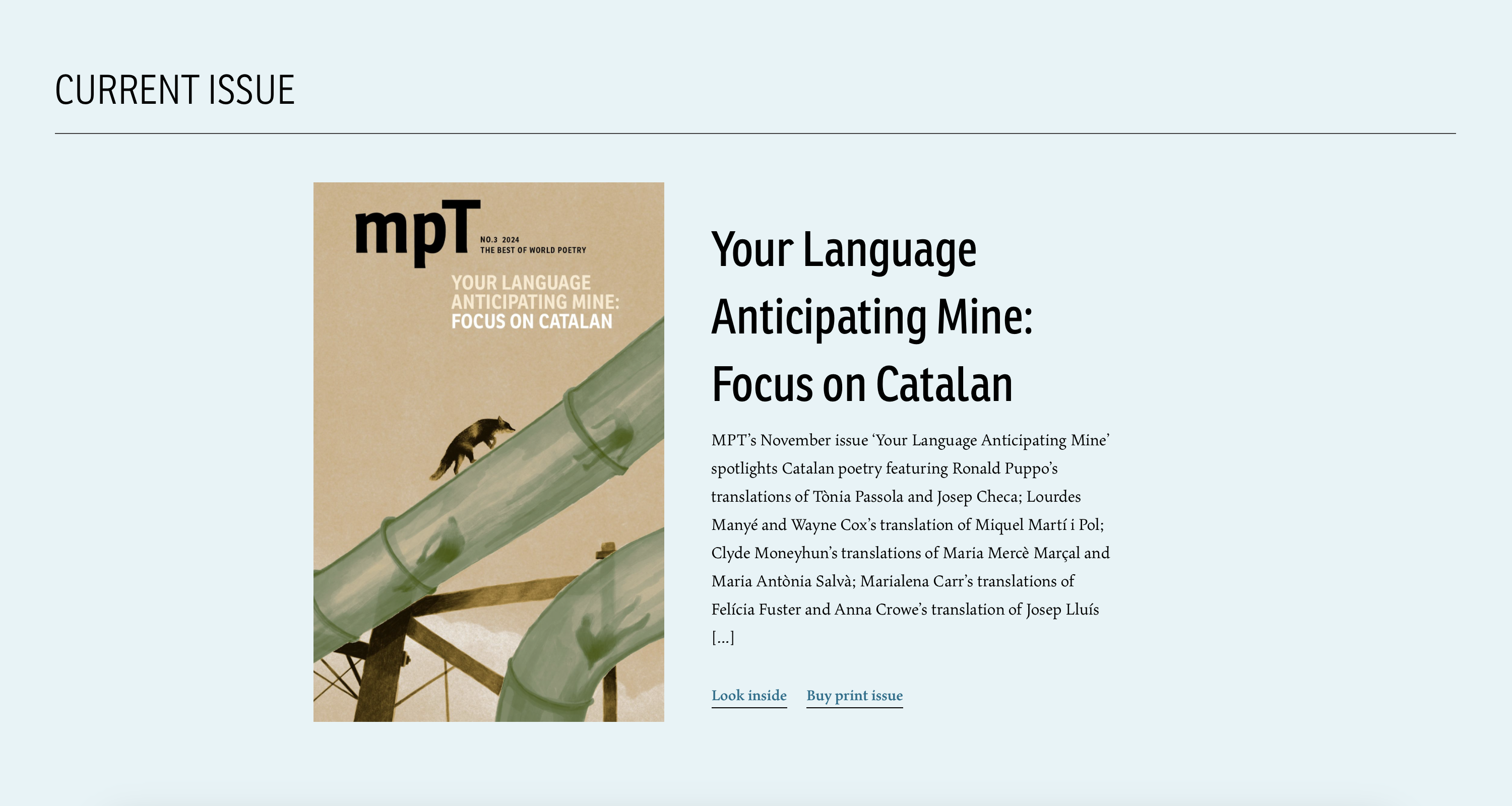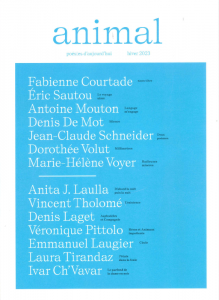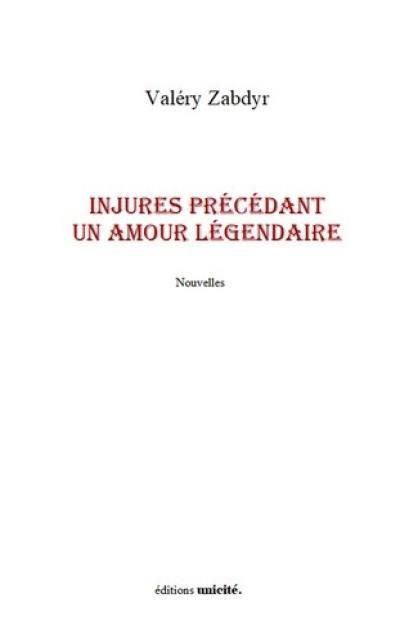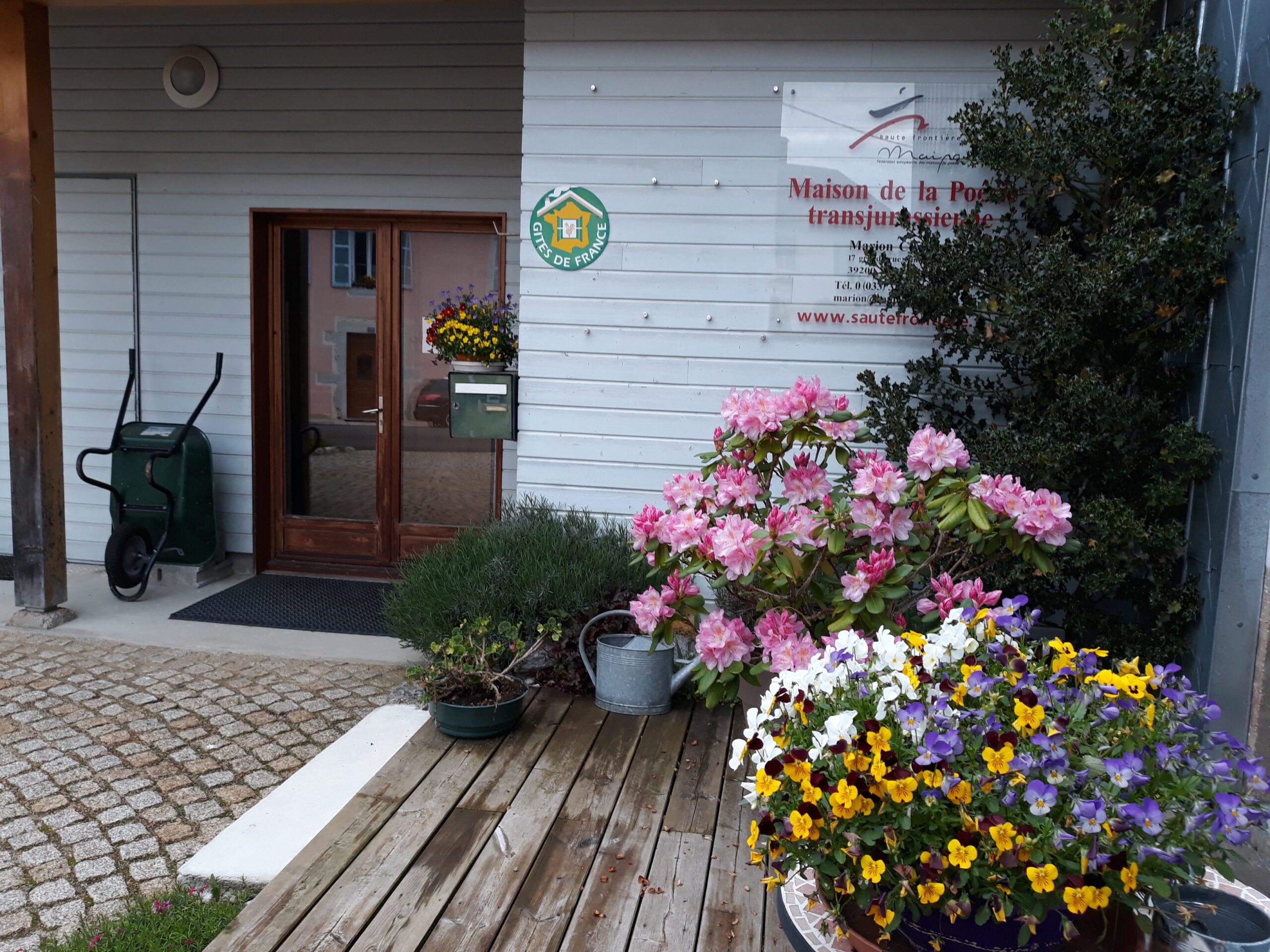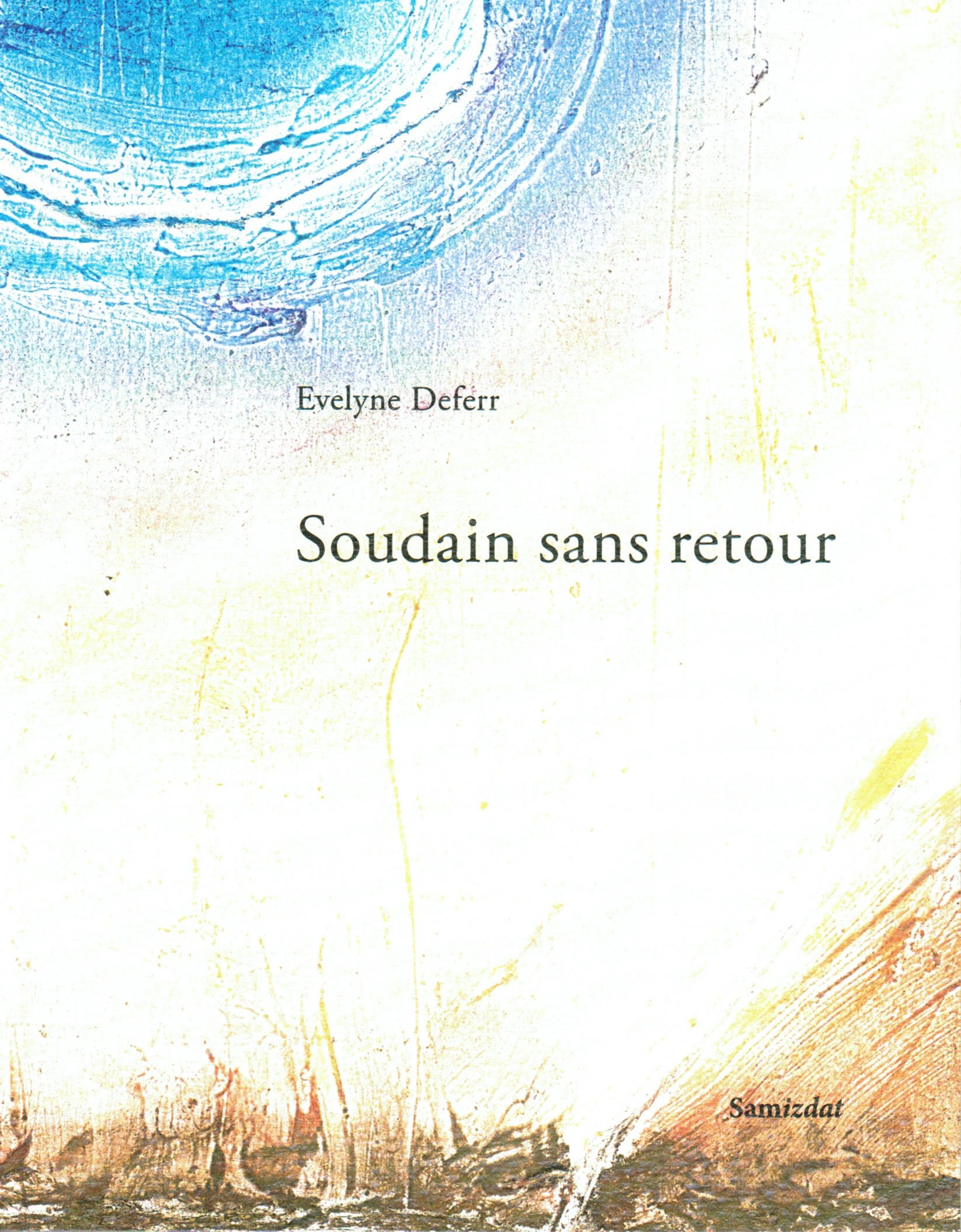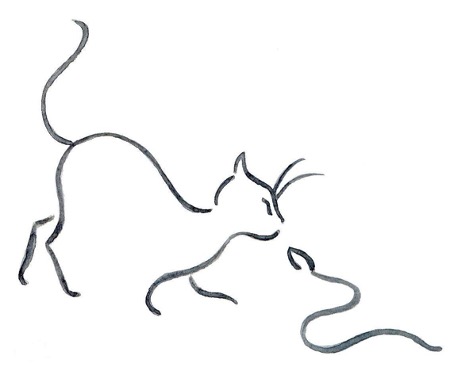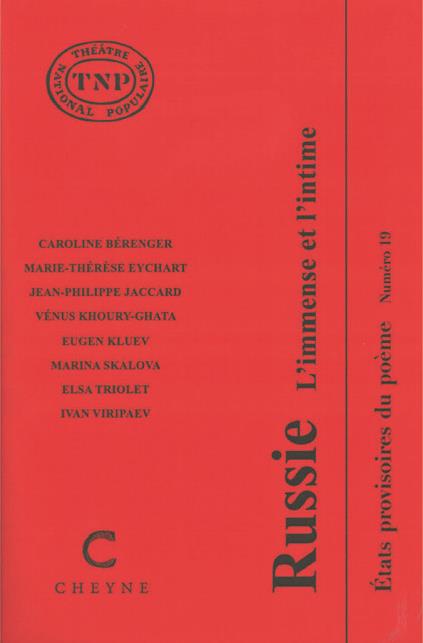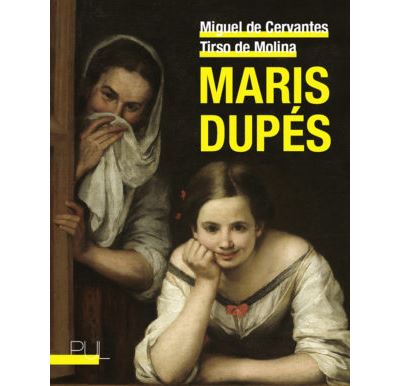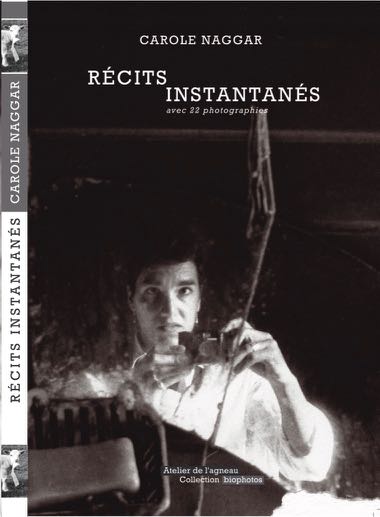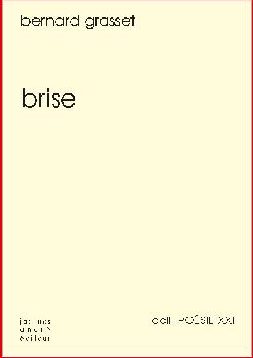The first thing that comes to our mind while dealing with sonnets is tradition, structure and certain terms. Terms such as a fourteen line poem, quatorzain, fourteener, Shakespearean etc. are often used by people whenever they try to defy the dictionary meaning of sonnet and go into the cave of details. The reason might be the fact that Sonnet has always been in literature with a strong nerve but never has been on the peak of popularity in comparison with other literary genres. Had the Italian and Occitan languages not existed or created perhaps the Literary minded people would not have been able to muse over, criticize and create literature through the popular well-known genre of poetry which we call as Sonnet. Not a single era of poetics can be imagined without the creation of complex Sonnets along with its several postulates that had served as food for poetry worms of the concerned period. Starting from the sonneteer Giacomo da Lentini in the 12th century, to Derozio in the 20th century this form of poetry has been one of the most lucrative genus of literature for mythical experiments down the ages. If we compare sonnet with other poetic forms from the philosophical, thematic and aesthetical point of view, it does not create a notable difference but where the forte of Sonnets lies is in its structure and number of bifurcations this form experimentally possesses. All experiments on sonnet have been with its structures like rhyming pattern, division of stanzas, number of lines etc. Critics say the mathematics involved with sonnet often curtails one’s freedom of expression. This is one of the main reasons that make the usage of sonnet intricate. However the extreme philosophy and power of Sonnet as a poetic genre is undeniable.
“The creator of Sonnet” is still an issue of argument. Though Petrarch has been widely accepted as the father of Sonnet it is more particularly due to the popularity and polish he gave to Sonnet. Giacomo da Lentini (1188–1240), head notary at Sicilian School (the first school of vernacular Italian poets) of Court Poetry is credited with the invention of Sonnet which might be sourced from any Sicilian song form for the very meaning of Sonetto(the Italian word from which Sonnet has been derived) is a little song. However, none of his poems follow the Sicilian dialect but they rather seem to conform to Tuscan. It is a possibility that he changed his poems originally written in Sicily into Tuscan after he came to Tuscany and popularized it with his other contemporaries mainly Dante Alighieri, Guido Cavalcanti and Petrarch . Giacomo da Lentini, the head of Sicilian school under Frederick-II in the 13th century who wrote about 300 sonnets mostly dealing with pain, suffering, and uncertainty of love with a strong sense of emotional outburst. Another association of Giacomo da Lentini is associated with his invention of his multi-strophed composition Canzone. The sonnet is, in actuality, an isolated strophe of a canzone with the rhyming pattern of ABBAABBACDECDE. However, later ABBAABBACDCDCD became the standard for Italian Sonnet. This rhyming pattern was first used by Guittone d’Arezzo (1230–94). Among the early sonneteers writers were Giacomo da Lentini, Dante Alighieri (1265–1321) and Guido Cavalcanti (c. 1250–1300) who also belonged to the Sicilian school of poetry. Iambic pentameter was followed thoroughly by all of these poets.
An example of Italian Sonnet.
I have set my heart on serving God
by Giacomo de Lentini,
I have a place in my heart for God reserved,
So that I may go to Heaven,
To the Holy Place where, I have heard,
People are always happy and joyous and merry.
I wouldn’t want to go there without my lady
The one with fair hair and pale complexion,
Because without her I could never be happy,
Being separated from my lady.
But I do not say that with blasphemous intent,
As if I wanted to sin with her:
If I did not see her shapely figure
And her beautiful face and tender look:
Since it would greatly comfort me
To see my woman shine in glory.
lo m’aggio posto in core a Dio servire,
com ‘io potesse gire in paradiso,
al santo loco, c’aggio audito dire,
o’ si mantien sollazzo, gioco e riso.
Sanza mia donna non vi voria gire,
quella c’a blonda testa e claro viso,
che sanza lei non poteria gaudere,
estando da la mia donna diviso.
Ma no lo dico a tale intendimento,
perch ‘io pecato ci volesse fare;
se non veder lo suo bel portamento
e lo bel viso e ‘l morbido sguardare:
che’l mi teria in gran consolamento,
veggendo la mia donna in ghiora stare.
Giacomo da Lentini (pre 1250)


